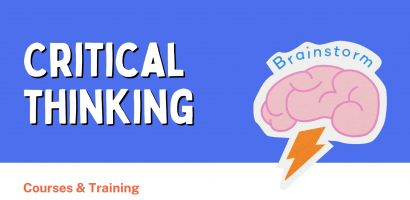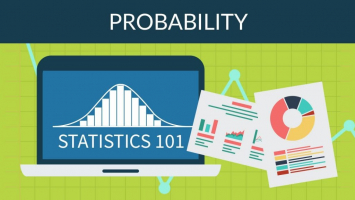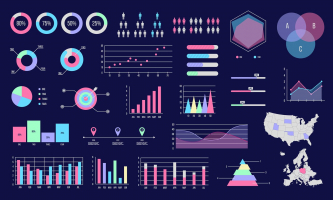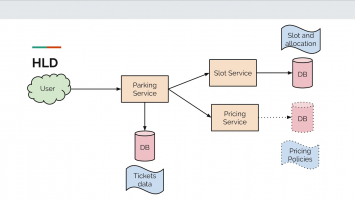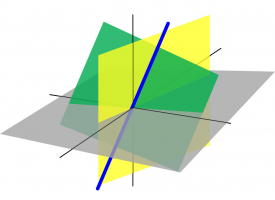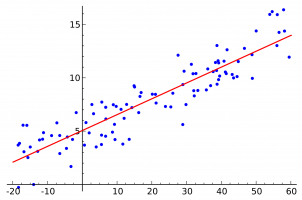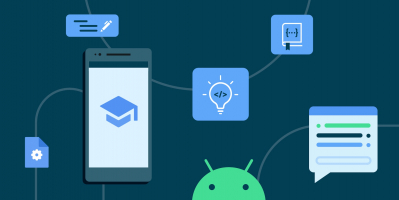Top 9 Best Online Computational Thinking Courses
Computational thinking is an interrelated set of skills and practices for solving complex problems, a way to learn topics in many disciplines, and a necessity ... read more...for fully participating in a computational world. If you’re interested in learning Computational Thinking for a better career, then here is a list of the best online computational thinking courses. This list includes both free and paid courses to help you learn computational thinking. Also, it is ideal for beginners, intermediates, as well as experts.
-
Computational thinking is the method of approaching a problem in a systematic way and developing and expressing a solution that can be implemented by a computer. You don't have to be a computer scientist to think like one! In fact, students from any field of study are encouraged to enroll in this course. Many quantitative and data-centric problems can be solved with computational thinking, and knowing how to do so will provide you with a foundation for solving problems with real-world, social implications.
The pillars of computational thinking, how computer scientists develop and analyze algorithms, and how solutions can be realized on a computer using the Python programming language are all covered in this course. By the end of the course, you'll be able to write a simple Python program to develop an algorithm and express it to the computer. This course will introduce you to people from various professions who solve problems using computational thinking. You'll be part of a unique community of analytical thinkers, and you'll be encouraged to think about how you can use computational thinking to make a positive social impact.
Highlights
- Get introduced to the process of approaching a problem in a systematic manner and creating and expressing a solution for it with computers
- Engage with a community of unique analytical thinkers and be encouraged to consider how you can make a positive social impact via computational thinking
- Learn the core concepts for problem-solving with the help of Python programming and computational thinking
- Get introduced to the people from a diverse professional who use computational thinking to solve realistic problems
Duration: Approx. 18 to complete
Course Ratings: 4.7 out of 5Enroll here: https://www.coursera.org/learn/computational-thinking-problem-solving
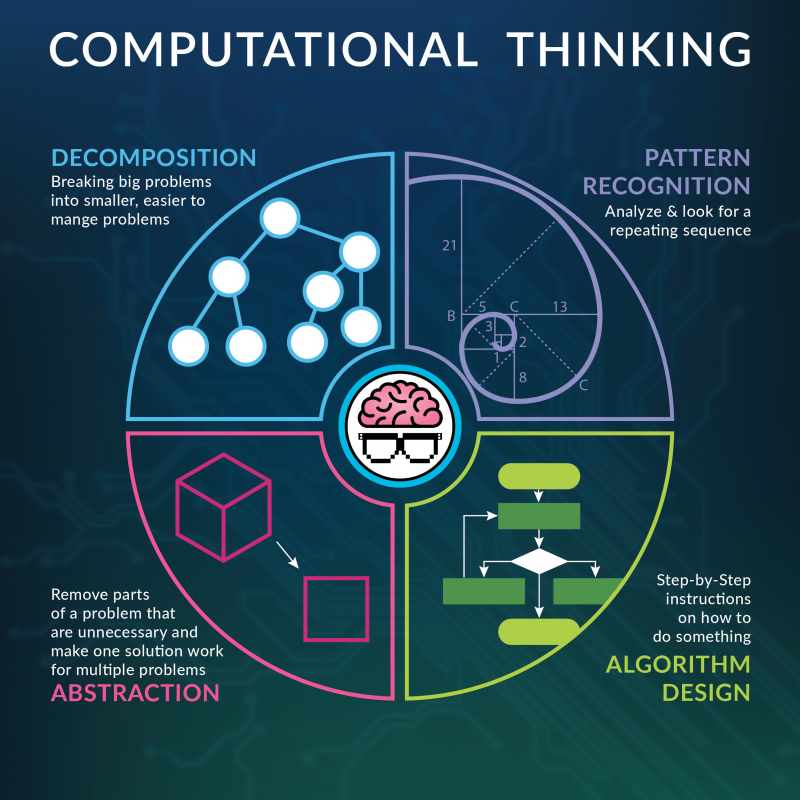
steamacademy.edu 
dreamstime.com -
As part of the XSeries program, edX offers a Computational Thinking course, which is designed to teach people how to think computationally and write programs to solve real-world problems without having any prior programming experience. This course will give you a brief overview of various topics in Computational Thinking and Python so that you can see what you can do with computation to achieve your objectives.
The course is divided into two sections: the first will introduce you to computer science and python programming, and the second will introduce you to computational thinking and data science. You will be very well equipped with all of the major components of computational thinking and python after finishing both of these parts. This is definitely one of the best online computational thinking courses.
Highlights
- Designed by expert instructors of MITx, who have years of experience in computational thinking and python programming
- Cover a wide variety of topics in computer science, such as the notion of computation, simple algorithms, testing and debugging, and introduction to algorithmic complexity
- Learn how to use computation to accomplish a variety of goals and get introduced to various topics in computational problem solving
- Get instructor-led training from the comfort of your home without any deadlines
Duration: 5 months, 14-16 hours/week
Course Ratings: 4.5 out of 5Enroll here: https://www.edx.org/xseries/mitx-computational-thinking-using-python
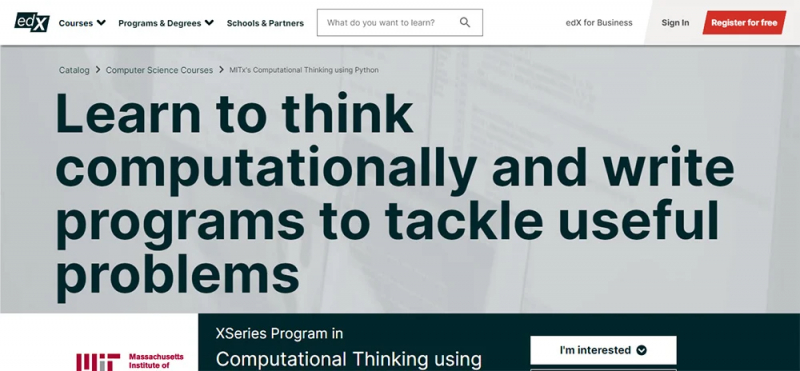
edx.org 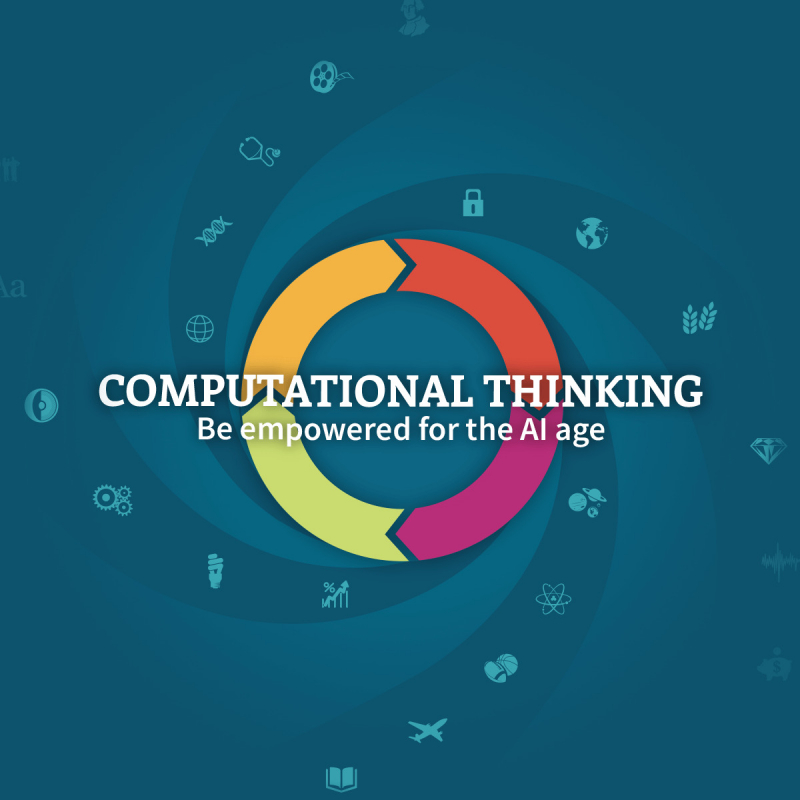
computationalthinking.org -
Computational Thinking allows us to break down complex problems, figure out what's wrong, and come up with solutions. These solutions can be presented in a way that both computers and people can understand. The course includes an introduction to computational thinking and a broad definition of each concept, as well as a series of real-world cases that demonstrate how computational thinking can be applied to solve complex problems and a student project that requires you to apply what you've learned about computational thinking in a real-world situation. This project will be completed in stages (and milestones), with a final disaster response plan that you will share with other students.
This course, one of the best online computational thinking courses, is for anyone who is new to programming, thinking about programming, or simply wants to learn a new way of thinking critically about problems. There is no need for any prior programming. The examples in this course are intended to be understandable by anyone and may seem particularly relevant to a High School audience.
Highlights
- One of the most comprehensive courses available on computational thinking that will help you cover every essential concept included in it
- Learn to understand complex problems and how to get a solution for them
- Learn how to define computational thinking components, such as problem identification, abstraction, pattern recognition, decomposition, and evaluating solutions
- Understand how to recognize computational thinking concepts in practice via a series of real-world case examples
- Work on a student project that will ask you to apply the skills and knowledge that you have gained from the course
Duration: Approx. 11 hours to complete
Course Ratings: 4.6 out of 5Enroll here: https://www.coursera.org/learn/compthinking

stellietech.com 
elearningindustry.com -
This course, one of the best online computational thinking courses, can assist individuals who want to begin their computational thinking journey without having to pay a fee. This is an introductory course designed to teach people about computational thinking, how it differs from computer science, and how it can be applied to a variety of topics.
Each of the five units in this course focuses on a different aspect of computational thinking, such as exploring algorithms, developing algorithms, applying computational thinking, and so on. Because the course was created by Google experts who have been working with computational thinking for a long time, you will receive the best computational learning environment possible.
Highlights
- A free introductory course that is designed to help educators learn how to integrate computational thinking in their curriculum
- Improve your knowledge and skills in computational thinking with multiple examples of CT integrated into your subject areas
- Learn how to create a plan to integrate computational thinking into your own curricula with examples of CT-integrated activities
- Create a statement for applying computational thinking to your subject areas and a plan to integrate it into your work and classroom
Duration: Self-paced
Course Ratings: 4.5 out of 5Enroll here: https://edu.google.com/resources/programs/exploring-computational-thinking/

entrepreneur.com 
ictvietnam.com -
Computational thinking is a skill that all citizens of the world need in the twenty-first century. Computing and technology are affecting every aspect of people' lives, and everyone should be able to formulate problems and express solutions in a way that a computer can understand.
This is a specialization program developed by the University of California San Diego to assist individuals in learning a variety of block-based languages using novel approaches to make programming more accessible. Each of the six courses in this program will cover the essential topics related to computational thinking and block programming for K-12 education. Multiple video lectures, quizzes, practice exams, and hands-on exercises are included in the program to help you test your knowledge and gain experience in the subject. After completing the program, you will receive a certificate of completion that you can use to highlight your computation thinking and block programming skills on your LinkedIn profile or with potential employers.
Highlights
- A comprehensive specialization program that can help you learn the essential concepts of computational thinking and build a career in it
- Designed by an expert instructor of the University of California San Diego who will assist you during the program to solve your problems
- Work with a capstone project at the end of the course that will help you how to upkeep your students in successfully completing the advanced placement principles for creating tasks
- Completely flexible with the freedom to study from your comfort zone
Duration: 8 months, 2 hours/week
Course Ratings: 4.7 out of 5Enroll here: https://www.coursera.org/specializations/computational-thinking-block-programming-k12-education

onlinecoursehow.com 
fulltimenomad.com -
This course is for you if you want to learn how computational thinking can be combined with Big Data. You will learn how to apply computational thinking to data science in this course. You will learn the fundamentals of computational thinking, such as decomposition, abstraction, pattern recognition, and algorithmic thinking, during this course.
You will also learn about data representation and analysis, as well as how to clean, present, and visualize data. This course is part of the MicroMaster program, so once you've completed it, you'll be able to enroll in other important Big Data courses.
Highlights
- Understand mathematical representations, probabilistic and statistical models, dimension reduction, and Bayesian models in greater depth.
- Acquire and improve the skills needed to solve problems in data-driven design and big data algorithms.
- Understand the fundamentals of computational thinking, as well as how to gather, clean, and consolidate large datasets.
- Gain access to industry-standard tools for data preparation and visualization, such as R and Java.
- Take advantage of a variety of videos, downloaded resources, quizzes, assignments, and hands-on projects to improve your computational thinking and big data skills.
Duration: 10 weeks, 8-10 hours/week
Course Ratings: 4.7 out of 5Enroll here: https://www.edx.org/course/computational-thinking-and-big-data

hotelcareers.com 
quantrimang.com -
Spatial Computational Thinking is a professional certification program created by the National University of Singapore to assist you in learning the theoretical knowledge and practical skills required to use computation to manipulate various types of spatial data. With a focus on the manipulation of semantic datasets, this program will teach you how to formulate ideas, develop algorithms, and explore solutions.
It is divided into four sections, each of which will teach you the fundamentals of spatial and then progress to more advanced topics. The program's unique feature is that each session uses free and simple browser-based software to write algorithms for creating and visualizing 3-D models.
Highlights
- Learn how to write complex computational procedures for generating, analyzing, and visualizing complex 3D spatial information models, as well as how to write them.
- Learn the fundamentals of procedural programming in a 3D environment, including how to write data structure and control-flow procedures.
- Discover how additional attributes can be added to geometric entities and how they can be used to query models.
- Understand how to create complex spatial information models while keeping various relationships and constraints in mind.
- Various videos, quizzes, and hands-on projects are included to help you become familiar with the course content.
Duration: 4 months/ 4 - 6 hours per week
Course Ratings: 4.5 out of 5
Enroll here: https://www.edx.org/professional-certificate/nus-spatial-computational-thinking
blog.google 
res.edu.vn -
Computational thinking is a method of solving problems that involves specifying detailed, step-by-step solutions, collecting, representing, and analyzing data to aid in drawing conclusions or making decisions, and employing a variety of techniques to improve the efficiency of problem solutions.
This course is designed to help you learn and develop your skills in key computational thinking topics. It covers core computational thinking concepts in 57 lectures. Four of the lectures include active learning activities, and the course also includes 13 additional exercises and topic understanding checks to help you assess and improve your computational thinking abilities.
Because computational thinking is a set of skills that most people need to develop by putting them into practice rather than just hearing about them, the course includes a lot of practice. You should be able to develop detailed step-by-step solutions to a variety of problems, think about and interpret data, and understand how different techniques improve problem-solving efficiency after completing the course.
Highlights
- Learn at your own pace by taking lessons on any device, at any time.
- Learn in-demand skills from Udemy experts and become certified.
Duration: Self-paced
Course Ratings: 4.7 out of 5
Enroll here: https://www.udemy.com/course/introduction-to-computational-thinking/

ninecenter.org 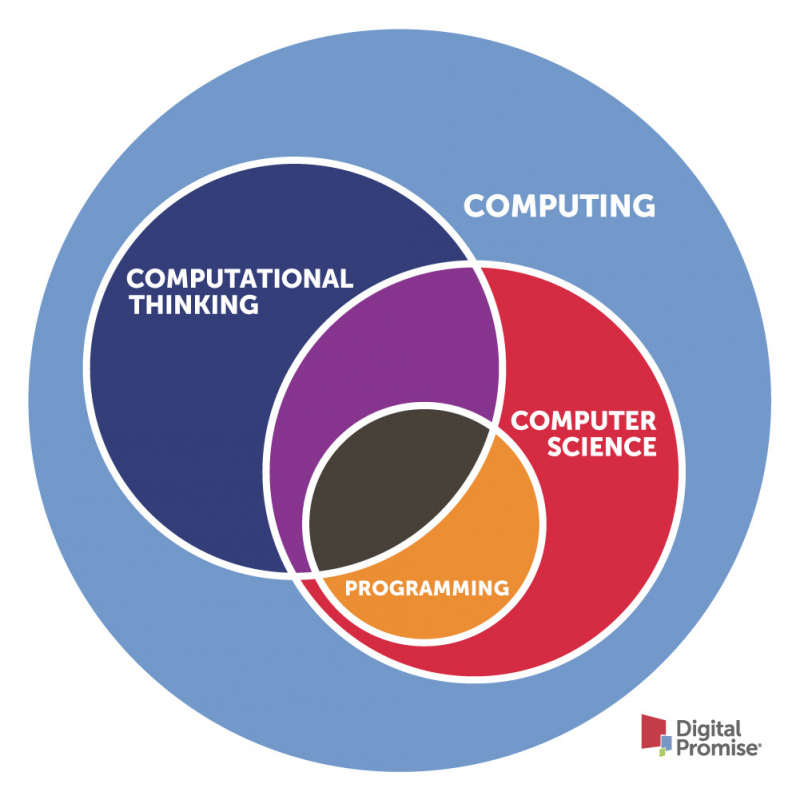
digitalpromise.org -
Think Like a Coder is a course for kids aged 4 and up to help them develop computational thinking skills. This is also helpful for teachers and parents who want to learn how to teach this important 21st-century skill. You will learn key computational thinking concepts like data comprehension, decomposition, pattern recognition, abstraction, algorithmic thinking, and solution optimisation in this course.
Computational thinking is the process of breaking down a problem into steps that can be understood by a computer. Computational Thinking is a necessary life skill in the twenty-first century. It is future-proof and lays the foundation for coding. Just as it is critical for children to learn English, Math, and Science, even if they may not all go on to become writers, mathematicians, or scientists, children born in this millennium require basic coding skills to remain relevant. As children learn new ways to solve a problem, it fosters critical thinking and creativity. Problem solvers and innovators, computational thinkers are.
Highlights
- Study at your own pace by taking lessons on any device, at any time.
- Learn in-demand skills from Udemy experts and earn certification.
Duration: Self-paced
Course : 5.0 out of 5
Enroll here: https://www.udemy.com/course/think-like-a-coder-learn-computational-thinking/
geeksforgeeks.com 
theconversation.com












